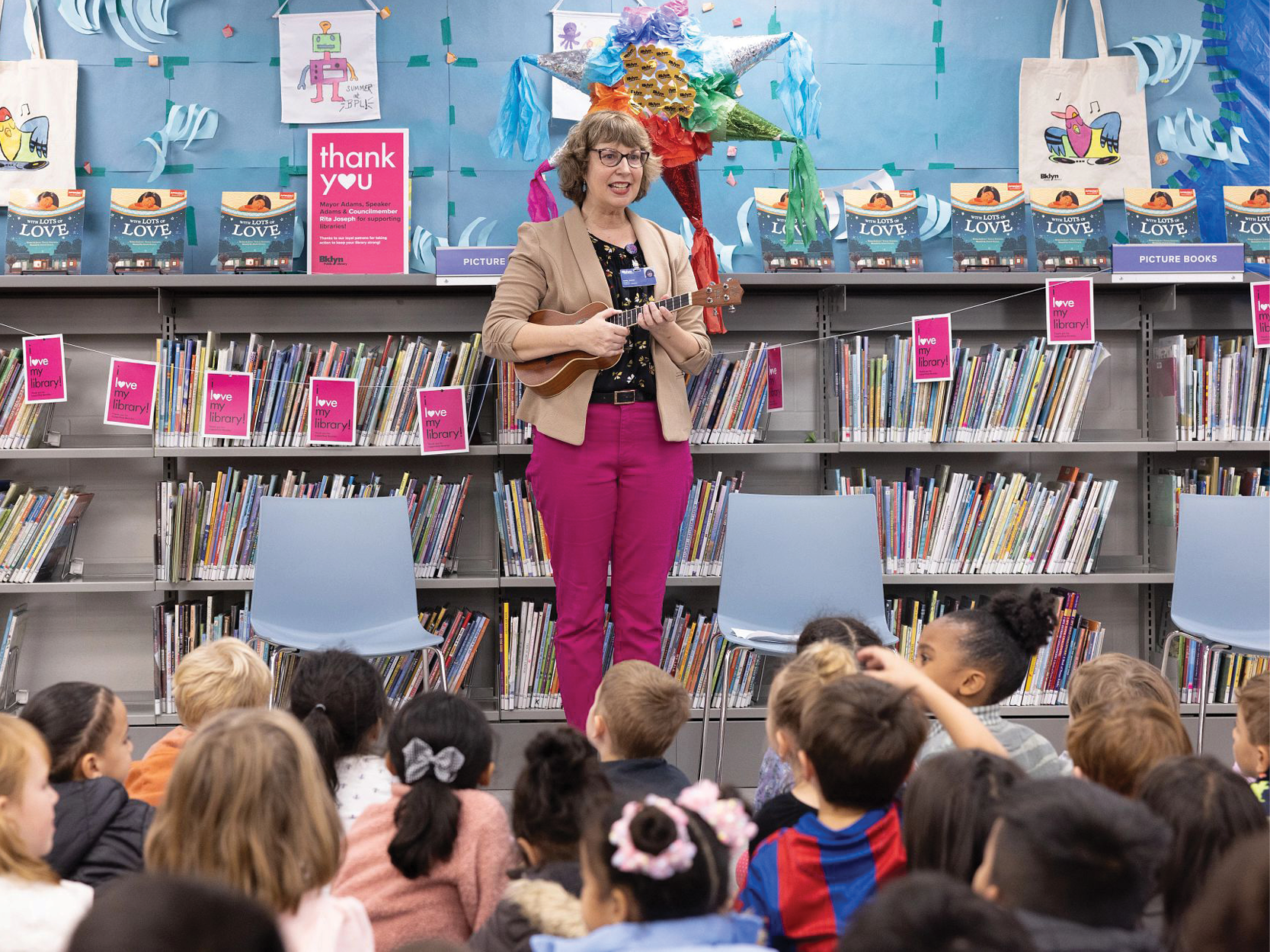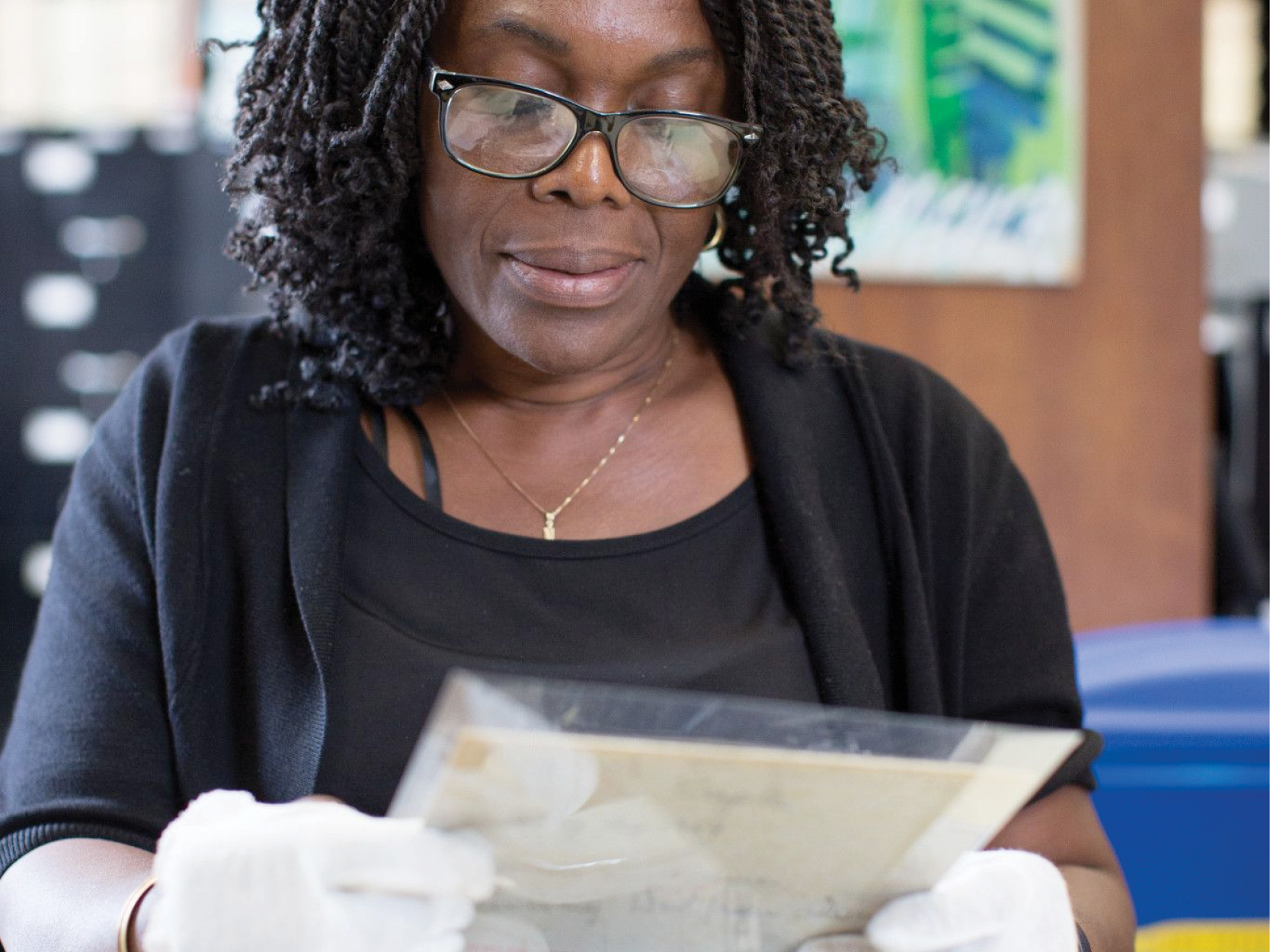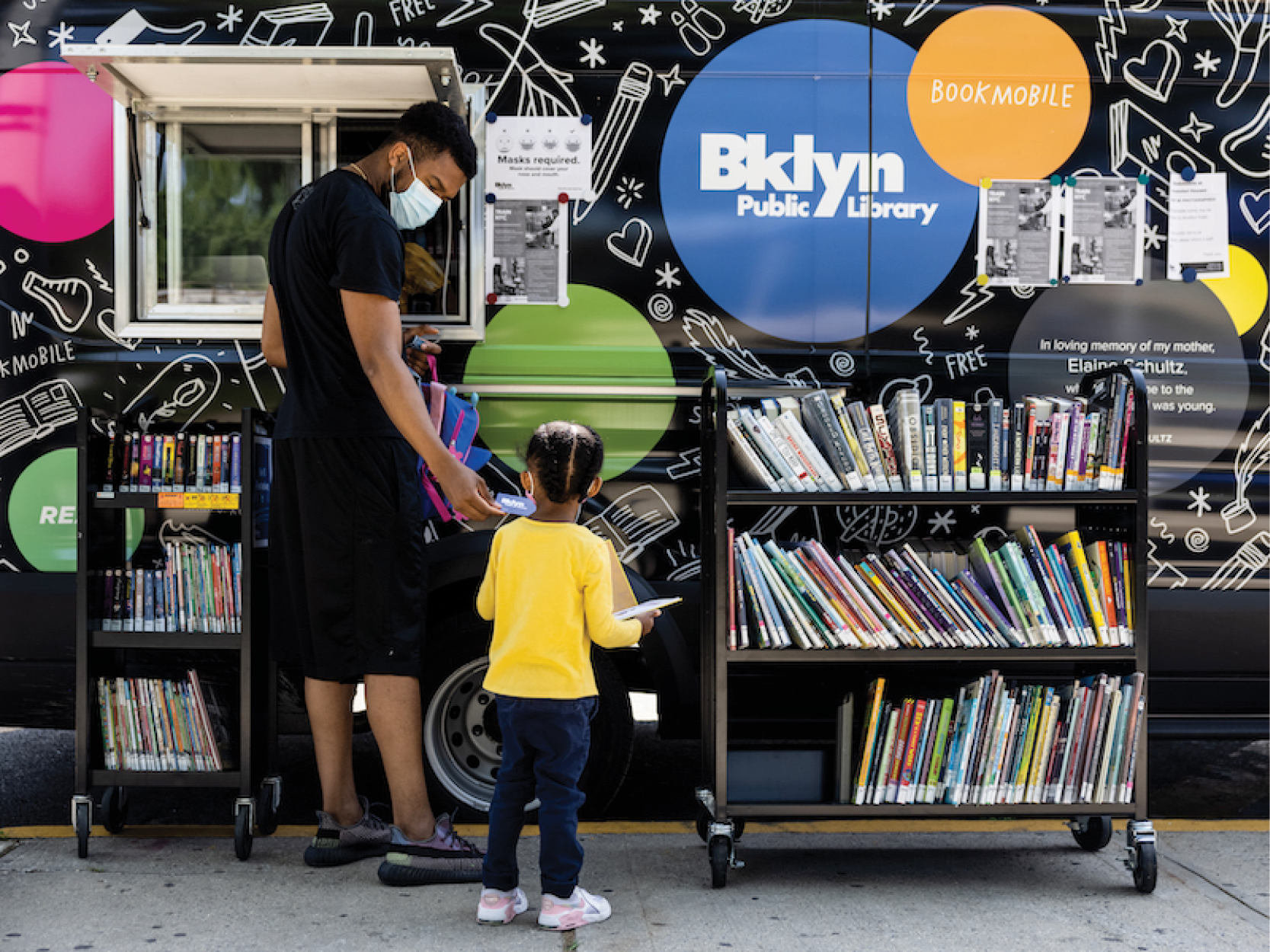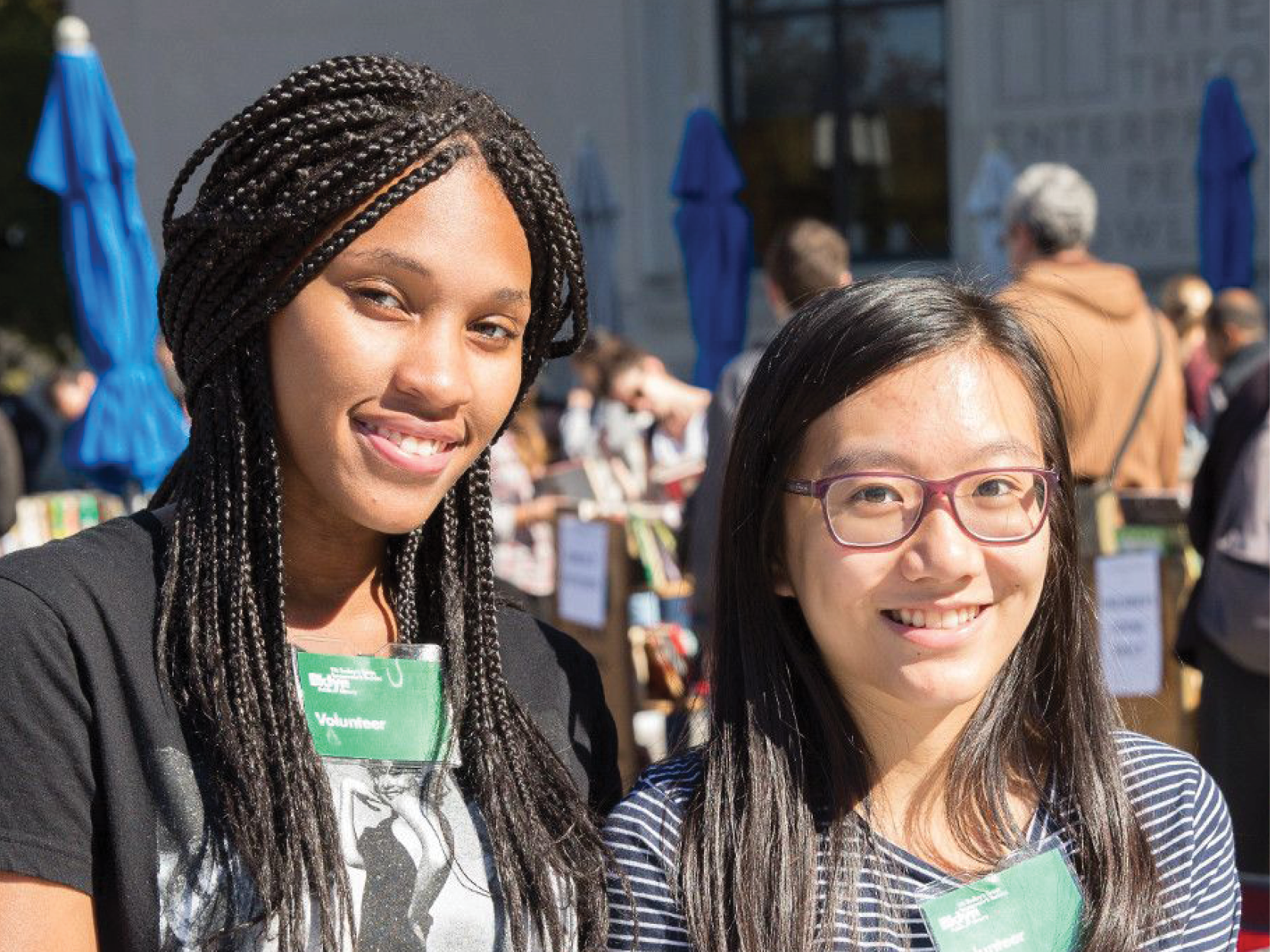
With massive public closures to prevent the spread of COVID19, the daily lives and routines of young children around the world have dramatically shifted. Millions of parents and caregivers are feeling the stress of taking on the daily learning of their children. It is no small task-- and we know it will most likely mean more screen time. While technology is helping get us through this difficult time in so many ways, we want to remember that young children’s brains are developing and need daily face-to-face interactions to continue to grow and learn. Reading, talking, playing, singing, and writing are essential daily activities for young children. With a little planning and imagination, you can create a healthy balance of screen time and playtime for your young one.
Remember the AAP Screen Time Recommendations
Just a reminder of the American Academy of Pediatrics guidelines for children’s screen time:
- For children younger than 18 months, avoid use of screen media other than video-chatting. Parents of children 18 to 24 months of age who want to introduce digital media should choose high-quality programming, and watch it with their children to help them understand what they're seeing.
- For children ages 2 to 5 years, limit screen use to 1 hour per day of high-quality programs. Parents should co-view media with children to help them understand what they are seeing and apply it to the world around them.
- For children ages 6 and older, place consistent limits on the time spent using media, and the types of media, and make sure media does not take the place of adequate sleep, physical activity and other behaviors essential to health.
- Designate media-free times together, such as dinner or driving, as well as media-free locations at home, such as bedrooms.
- Have ongoing communication about online citizenship and safety, including treating others with respect online and offline.
These rules will likely be bent at this difficult time, but let’s also remember how children’s brains develop. For a quick refresh watch this video , or read more about this at the source
Co-View and Co-Play
Co-view and Co-play when you can: Co-viewing and co-playing increases children's learning-- especially language and early literacy development. Of course this isn't possible with every minute of screen time, but plan for some Joint-Media-Engagement when you can. Here are some more AAP tips.
Healthy Media Diet
Choose (mostly) high quality content that is age appropriate. Common Sense Media has great lists of high quality and educational media for preschoolers and school-age kids. It's ok to watch some things that are just for fun (and maybe not as educational), as long as they are age-appropriate. Think of screen time as a healthy balanced diet-- it's ok to have cookies and ice cream sometimes!
Set Boundaries, Structure Their Day, Maintain Your Sanity
If you are one of the many parents working from home you will need to define times when you can play with your child and when you can’t. Be sure they understand when you are available to them and when you need to work. Plan activities they can do on their own in those time periods, and be sure to plan some that are screen free. As the quarantine continues, try not to stress about their inevitable times of boredom. Research shows boredom can build resilience and creativity.
Experts agree that children thrive on routines so no matter what activities you decide to do, try to stick to a predictable schedule so that your children feel a calm and comfortable rhythm in the coming weeks ahead.
Establish norms and expectations for online learning
If your children are old enough to be following lesson plans from school, be sure to separate ‘school screen time’ and ‘recreational screen time.’
Try using our free Family Screen Time Planner to help structure their day.
Keep screen-free activities on hand
As you structure your days, try to have activities on hand that are not screen based that your child can do on their own. I am sure your inbox is as packed with links and ideas as ours, but here are a few more ideas.
Use what you have at home
Start keeping those egg cartons, paper towel rolls, and pick up some vinegar and baking soda if you can. Using what you have at home to make art and explore STEM concepts is fun, easy, sustainable and most of all--very engaging for young children!
Here are 50+sciencey activities you can do with household items.
You can even make your own soap dough!
For younger children, check out our Play Recipes--designed to encourage language through exploration of everyday materials.
Check our our (soon-to-be-growing) video playlist of STEAM project tutorials for young children.
Here are some fantastic sensory activities you can do with young children.
Keep Meal Time Family Time
Eating together as a family without screens, not only nourishes children’s bodies but also feeds their souls. Many of us are in close, small spaces right now, each on our own device, many hours a day. Try to let meal times be an opportunity to put our phones and iPads down and focus on each other.
To discuss as a family try using this funny video collaboration by Common Sense and Sesame Street.
Screen Free Bedtimes
Being home so much right now is a great time to form good habits! Some of the most established research around screen time is that kids should not use screens at bedtime because it will affect the crucial sleep hours needed throughout childhood. ‘Screen bedtime’ should be at least 30 minutes before the child’s bedtime. Experts recommend charging devices overnight in the living room (this includes older kids and teens as well) to create healthy sleep habits.
Talk about online safety
This is a subject that needs to be talked about over and over with children as they grow and change throughout childhood. With your child spending more time online, be sure to talk about ways to stay safe in an age appropriate way.
Brooklyn Public Library and Other Resources
Don't worry if you don't have that many books at home at the moment. There are other ways to engage with books and reading!
Use your library card to access Bookflix--streaming video storybooks paired with related non-fiction and fiction titles. (You can get a BPL e-card if you don’t currently have a library card)
Search our catalog for ebooks and audio books.
Come to Virtual Storytime at Brooklyn Public Library every day at 11am EST! Read, Talk, Sing and Play with our librarians!
Follow one of our DIY Storytimes designed by BPL librarians-with e-books, videos, songs and rhymes you can do at home!
Do-it-Yourself Storytime by Ms. Kathy
Do-it-Yourself Storytime by. Ms. Stefanie
Listen to folktales adapted for young children on the Circle Round podcast.
Listen to these read-alouds from KidLit TV.
Check out even more children’s authors reading their books aloud to kids online.
Drag Queen Story Hour now has a livestream series.
Storyline Online features famous actors reading well known books.
Schedule some read-aloud playdates with friends, or encourage a family member to read your child a book or sing a song via FaceTime or Zoom.
More about young children and screen time:
Dr. Mark Bertin has an excellent page full of resources.
Common Sense Media for reviews, research, and more.
Covid19 specific Links
American Academy of Pediatrics
CommonSense.org Coronavirus Resources
This blog post reflects the opinions of the author and does not necessarily represent the views of Brooklyn Public Library.
Great post!
Post a Comment
While BPL encourages an open forum, posts and comments are moderated by library staff. BPL reserves the right, within its sole discretion, not to post and to remove submissions or comments that are unlawful or violate this policy. While comments will not be edited by BPL personnel, a comment may be deleted if it violates our comment policy.
eNews Signup
Get the latest updates from BPL and be the first to know about new programs, author talks, exciting events and opportunities to support your local library.







